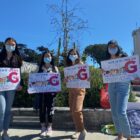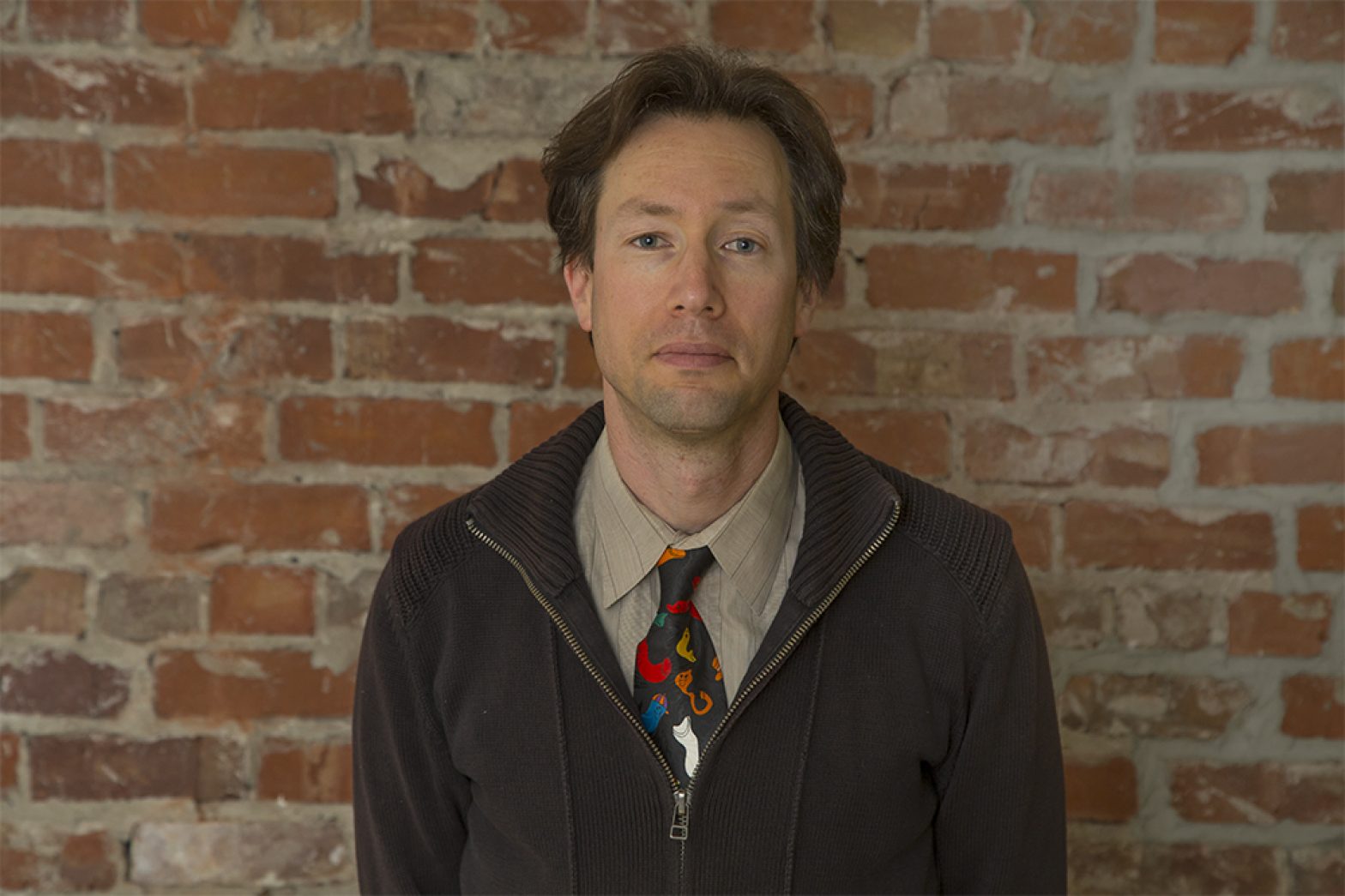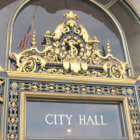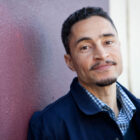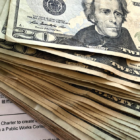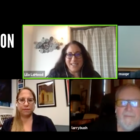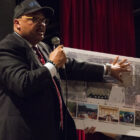Media
In 2020, Youth Media Engaged With Election, Pandemic, Racial Reckoning
Newsrooms across the country have been in overdrive most of this year, covering a global pandemic, a primary and a presidential election and protests against systemic racism and police brutality. Contributors with YR Media, a national network of young journalists and artists, many of them people of color, have been covering the events of 2020 with reporting and perspectives that are rarely afforded space and attention in national or corporate outlets.

